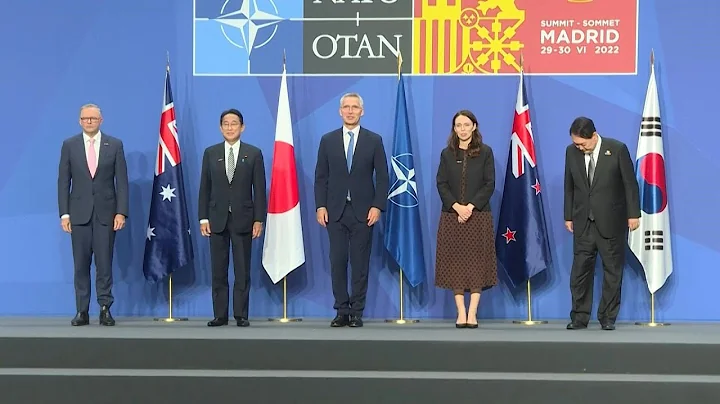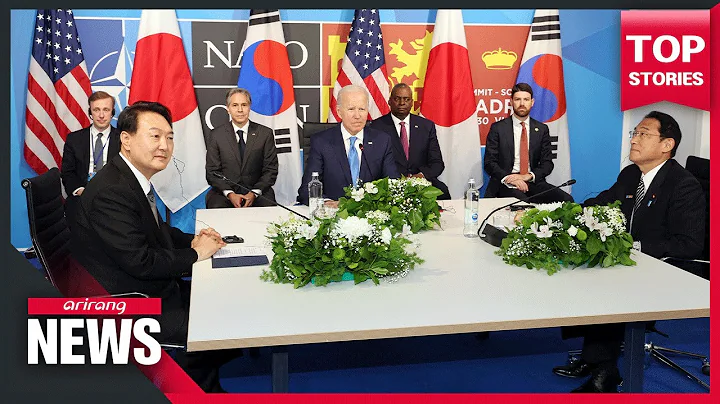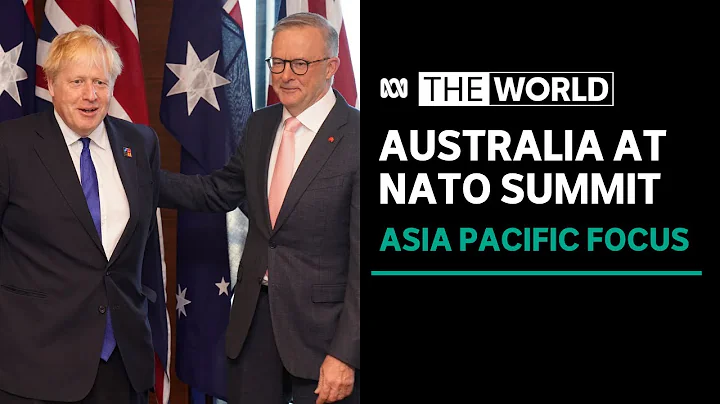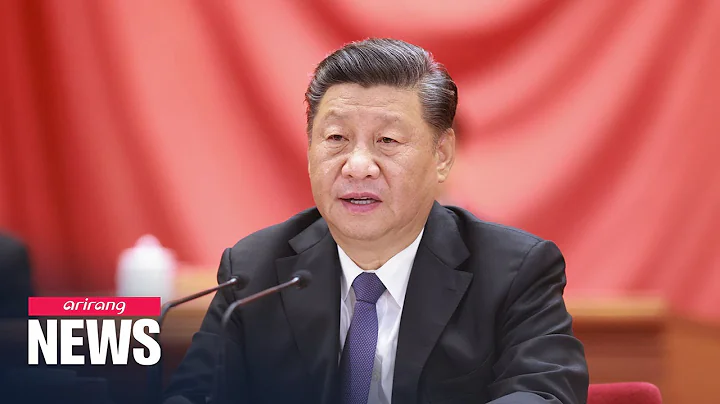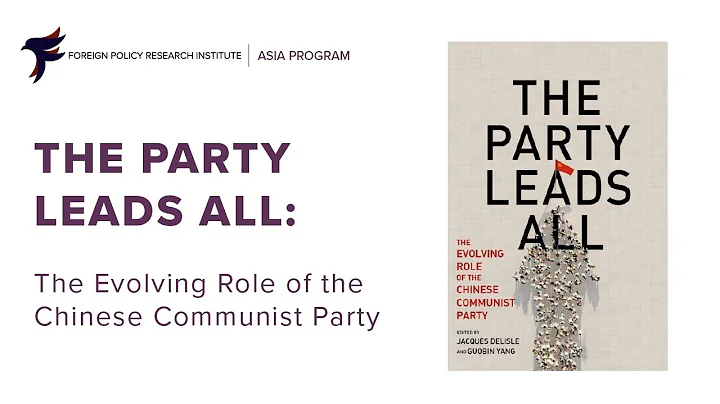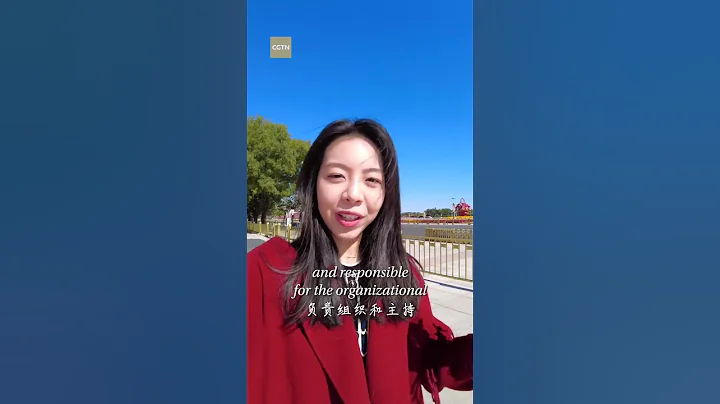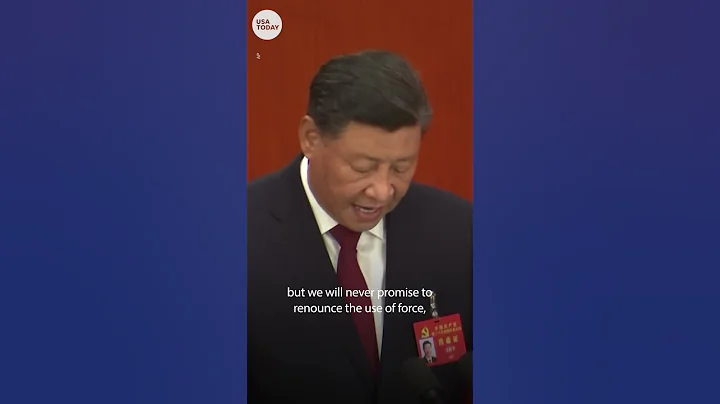Japan, South Korea, Australia and New Zealand recently participated in the NATO summit held in Madrid, Spain. This is the first time that NATO has invited Asia-Pacific countries to participate in the summit. Although these four countries, which NATO calls "Asia-Pacific partners", are currently unable to carry out substantive defense cooperation with NATO, the trip of the leaders of the four countries still aroused vigilance and concern among regional countries about NATO disrupting the Asia-Pacific.

This is the parade scene taken in Madrid, Spain on June 26. Thousands of people took part in a march against NATO and calling for world peace in the center of Madrid, the Spanish capital, on the 26th. Xinhua News Agency (photo by Juan Carlos Rojas)
NATO is increasingly becoming a tool for the United States to engage in great power competition. This can be seen from the new NATO strategic concept document approved by this summit. Consistent with NATO's new strategic concept, which baselessly accuses China and exaggerates the "China threat," NATO's invitation to Asia-Pacific countries to participate in the conference aims to mobilize global resources to increase containment and pressure on China in order to maintain U.S. hegemony. The Asia-Pacific region is not a geographical area of North Atlantic . Countries and people in the Asia-Pacific region firmly oppose any words and deeds that introduce military groups and provoke division and confrontation.
First of all, NATO’s strengthening of cooperation with its “Asia-Pacific partners” deserves vigilance. In recent years, NATO has extended its reach to the Asia-Pacific region and expanded its cooperative relations with "Asia-Pacific partners". In April 2022, the foreign ministers of Japan, South Korea, Australia and New Zealand were invited to attend the NATO Foreign Ministers' Meeting, and then the top military leaders of the four countries were also invited to attend the NATO Military Committee meeting. It can be said that NATO and the four countries have basically achieved institutional meetings. The participation of the leaders of the four countries in the NATO summit means that the level of cooperation between NATO and the four countries has once again improved, and there may be more substantive cooperation measures in the future. For example, South Korea plans to set up a representative office at NATO headquarters and establish a strategic security cooperation relationship with NATO.
 html On June 16, participants attended the meeting of defense ministers of NATO member states at the NATO headquarters in Brussels, Belgium. Photo by Xinhua News Agency reporter Zheng Huansong
html On June 16, participants attended the meeting of defense ministers of NATO member states at the NATO headquarters in Brussels, Belgium. Photo by Xinhua News Agency reporter Zheng Huansong Secondly, the United States’ expanded alliance system harbors evil intentions. The United States has cobbled together various "small circles" in the Asia-Pacific region such as the US-UK-Australia trilateral security partnership and the US-Japan-India-Australia "quadrilateral mechanism" and used the Ukraine crisis to strengthen the NATO military "small circle" in Europe. The presence. The four Asia-Pacific countries were invited to participate in the NATO summit, which to a large extent exposed the United States' ambition to connect European allies with Asian allies. Although the four countries all have close military and security cooperation relationships with the United States in different ways, for example, Australia and New Zealand are both members of the "Five Eyes Alliance", Japan and South Korea are bilateral allies of the United States, and Japan and Australia are members of the "Quadlateral Mechanism" , but the United States’ ambitions in the Asia-Pacific region are obviously not limited to the existing various bilateral and small multilateral mechanisms, but to establish a multilateral alliance mechanism and mobilize global resources to serve its great power competition strategy.
Third, it will be difficult to divide the Asia-Pacific. Strengthening cooperation between Japan, South Korea, Australia and New Zealand and NATO will actually introduce NATO power into the Asia-Pacific, especially the Cold War mentality represented by NATO, to this region. There is no doubt that this will have a devastating impact on the security landscape in the Asia-Pacific region and aggravate geopolitical tensions. Countries in the Asia-Pacific region are generally unwilling to follow the United States to contain China, nor are they willing to be tied to NATO's "chariot," and they are even less willing to see NATO copy the script of disrupting Europe to the Asia-Pacific. A few countries moving closer to NATO is obviously not in line with regional trends. the will of most countries. Cooperation or confrontation, win-win or zero-sum, regional countries will definitely make the right choice.
This article only represents the author's personal opinion
Planner: Xue Ying
Producer: Bao Erwen Yan Junyan
Author: Liang Yabin, Professor of the International Strategic Research Institute of the Central Party School
Editor: Sun Ping, Ma Xiao, Lu Yu


